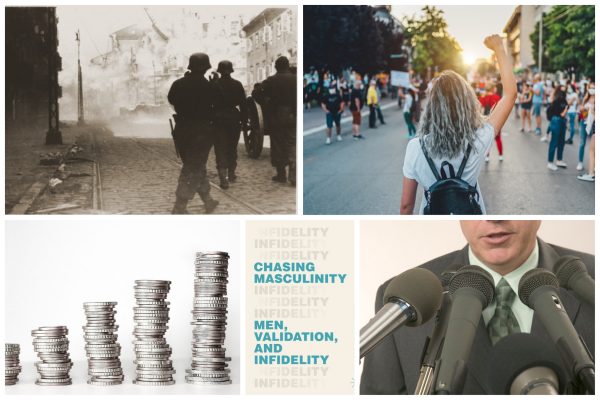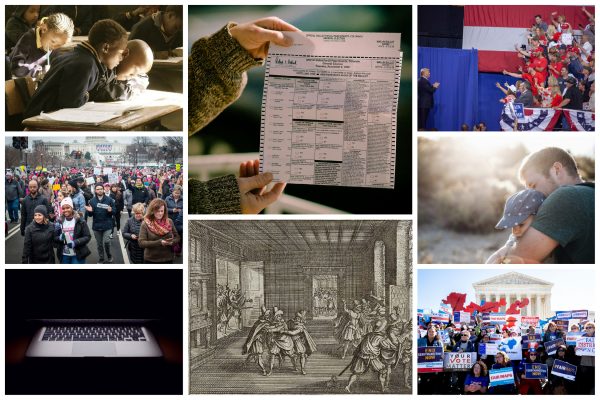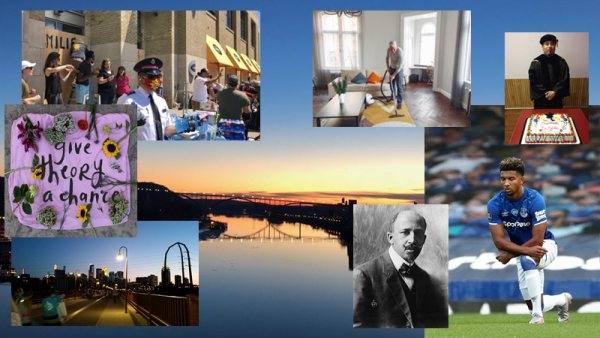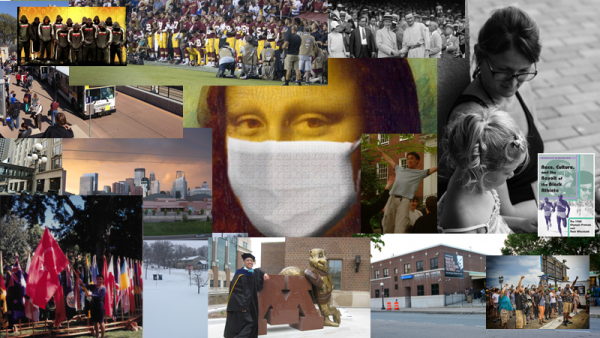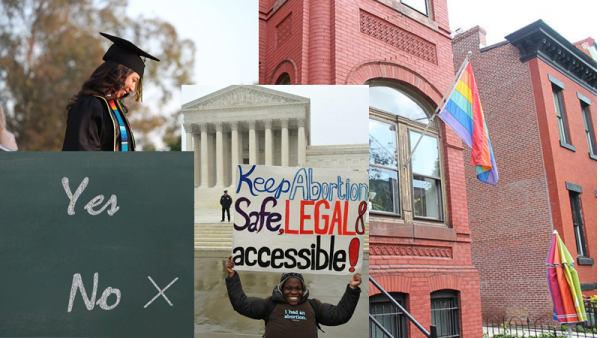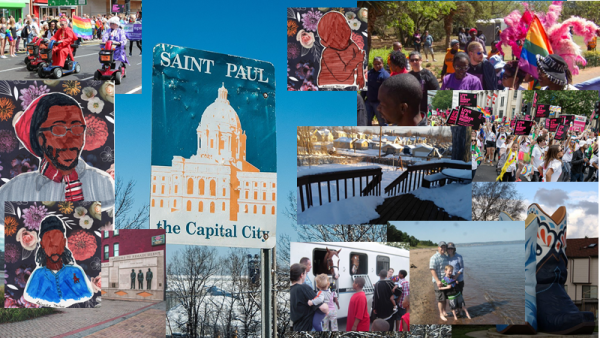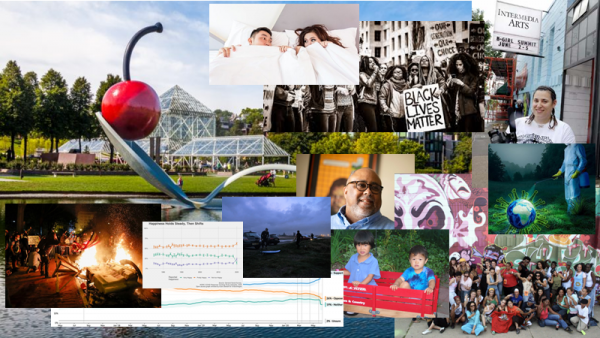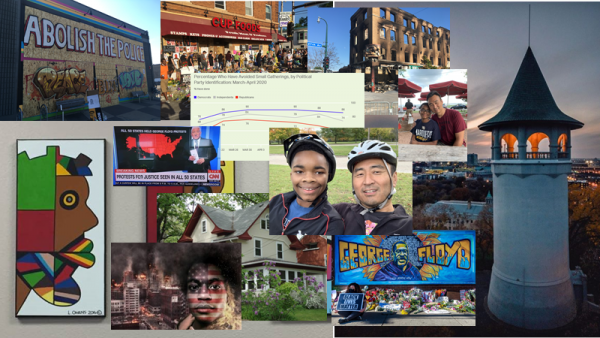
Welcome back! This week we consider how color-blind racism relates to the covid-19 pandemic and present new research on the racialization of Native American children in foster care.
There’s Research on That:
“We Are All In This Together,” Right? by Erika Sanborne. We consider how scholarship on color-blind racism helps explain limited attention to the racial disparities inherent to the covid-19 pandemic.
Discoveries:
Fostering Sovereignty: How American Indian Children Are Identified in Foster Care by Hannah Schwendeman. We present new research on how foster care caseworkers racialize Native American identity in routine tasks, undermining the sovereignty of Native tribes.
From Our Partners:
Council on Contemporary Families:
“Consensualish” – Let’s talk about sex that people don’t want but “go along” with it by Jessie V. Ford.
From Our Community Pages:
- Center for Holocaust and Genocide Studies speaks with Dr. Sara Brenneis about Spanish historical memory and the holocaust.

